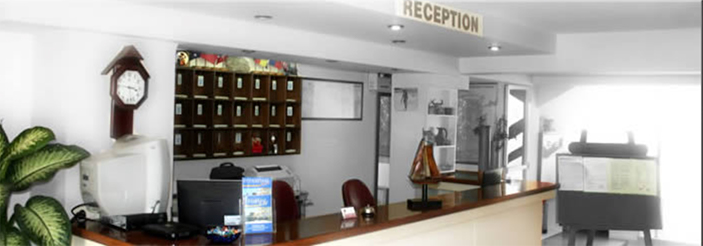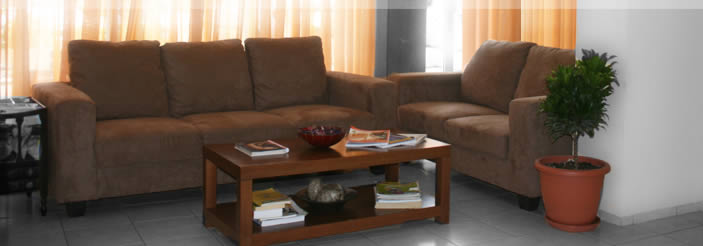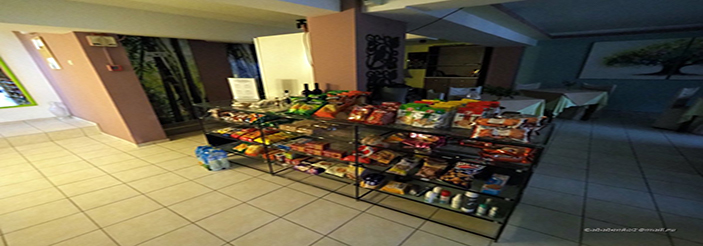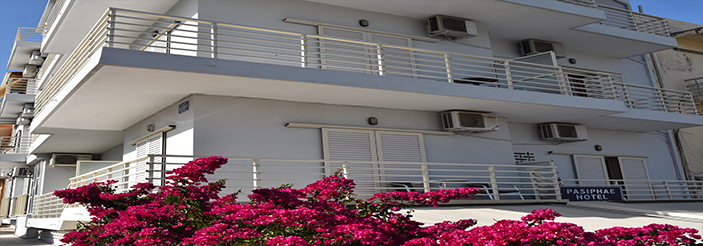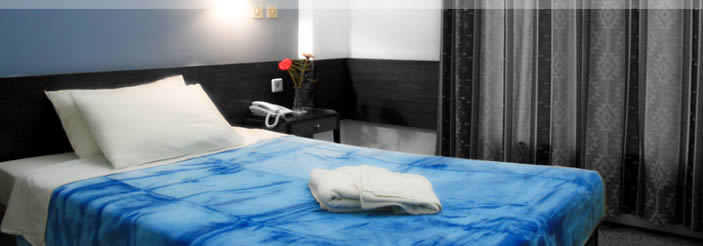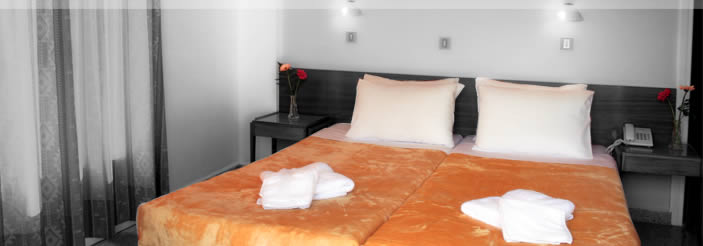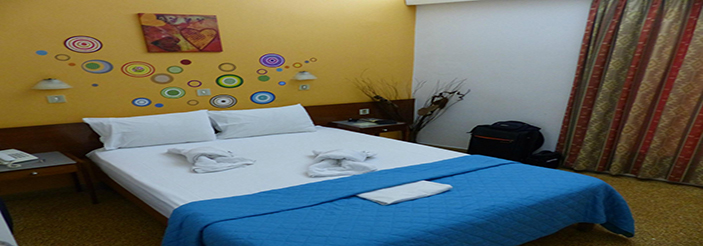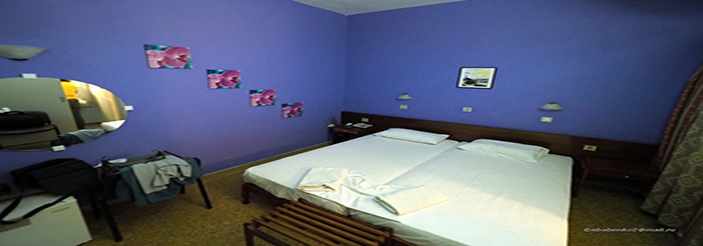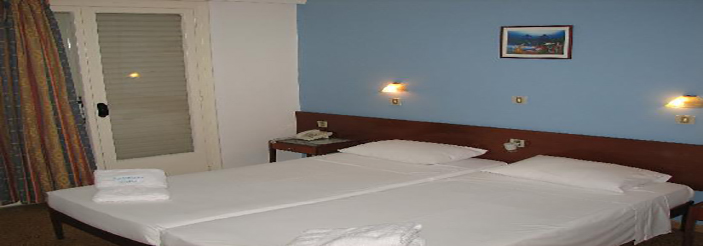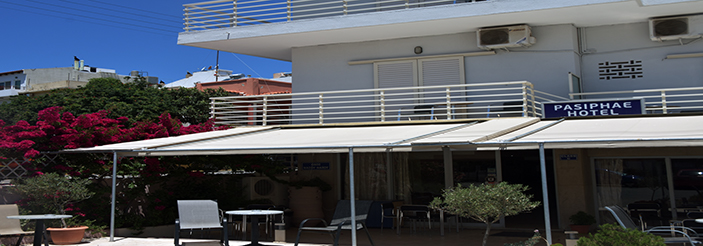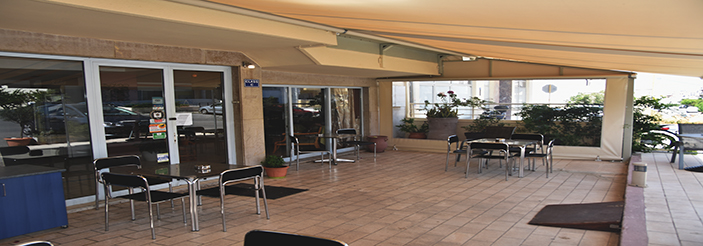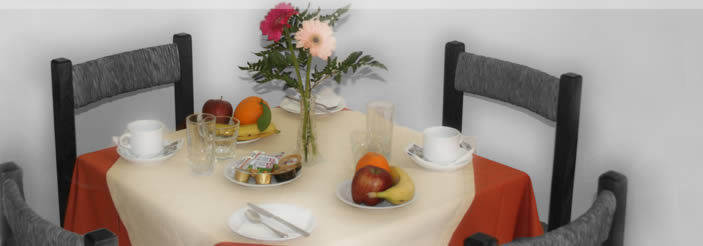Important archaeological sites, historical monuments and museums in Chania
Important archaeological sites, historical monuments and museums in Chania
Firkas fortress
The Firkas fortress is a Venetian fortress built in the 16th century in order to protect Chania city and harbour. The Union of Crete with Greece in 1913 was officially announced by the prominent Cretan politician and prime minister at that time Eleftherios Venizelos in this fortress. The Maritime Museum of Crete and a small theater are today housed in the fortress.
 Fragokastelo
Fragokastelo
The Venetian fortress named Fragokastelo is situated in an area named after it, 80km away from Chania city. It was built in order to protect the area from pirates.It was taken from the Turks by the Cretans during the Greek War of Independence in 1821 and it was destroyed in 1828.
Itzedin fortress (Souda)
The Ottoman fortress Itzedin is situated 14km away from Chania city, on the east, near Kalamaki village. Itzedin fortress has been used in the past as prison.
Archaeological sites
Souda fortress
Another Venetian fortress is situated on Souda islet, opposite the Itzedin fortress. It protected the Souda port and Chania city. This fortress was the first place where the Greek flag was raised, on 14th February 1913, shortly before the Union of Crete with Greece.
Aptera
Ancient city Aptera is located 15km southeast of Chania city, near Megala Chorafia. In the Geometric period (1100-900BC) Aptera was an important city, it controlled trades and had a substantial trading network.
The most important ruins are the huge Doric city walls, the Roman cisterns, the double temple of 5th-4th century, tombs of Geometric period and Byzantine buildings.
 Falasarna
Falasarna
Ancient city Falasarna is located on the western coast, 58km away from Chania city and 17 from Kasteli. It was a Dorian city-state, which became important during the Classical and the Hellenistic period. Today, you can still see remains of the city walls and a stone throne.Falasarna was destroyed by the Romans.
Polirinia
The archaeological site of Polirinia is situated 48km away from Chania in the southeast. Polirinia is an ancient city founded by the Myceneans in the mid-second millennium BC and flourished in the Roman period.Today you can visit the city walls, tombs and traces of a roman aqueduct.
 Lissos
Lissos
Ancient city Lissos is situated 70km away from Chania, on the southern coast of the prefecture. Lissos used to be a religious center for city-states of Southwestern Crete and flourished during the Hellenistic and the Roman period.Ruins of the temple of Asklepeios and remains of a Roman tomb were discovered in Lissos.
Ancient Anopoli
Ancient Anopoli is situated 87km away from Chania, in the south of crete.
Anopoli used to be an independent city during the Classical period and flourished during the Roman and Byzantine period. Finikas beach, located 2-3km southern from Anopoli, is believed to have been its harbor. City walls, which were built in prehistoric times, still stand imposing on the hill of Agia Ekaterini.
Museums
Folk Art Museum
The Folk Art Museum is housed in the Catholic Church loft. It exhibits include traditional clothes, houseware, tools, handcrafts and embroiders.
 Maritime Museum of Crete
Maritime Museum of Crete
The Maritime Museum is housed in Firkas fortress, near the entrance. It exhibits objects related to the maritime history of the area, such as navigation tools, boat models, objects found in the sea etc.
Historical Archive of Crete
The Historical archive is housed in a neoclassical building in the city center. It exhibits documents, maps, relics, trophies and photographs belonging to medieval and modern history of Crete. There is also a room dedicated to Eleftherios Venizelos.
 War Museum
War Museum
The War Museum of Chania is housed in building of the 19th century. It exhibits material related to the action of Cretan soldiers in Crete and other areas. There is also a rare photograph collection of the Cretan Independence Wars, Balkan Wars and World Wars.







